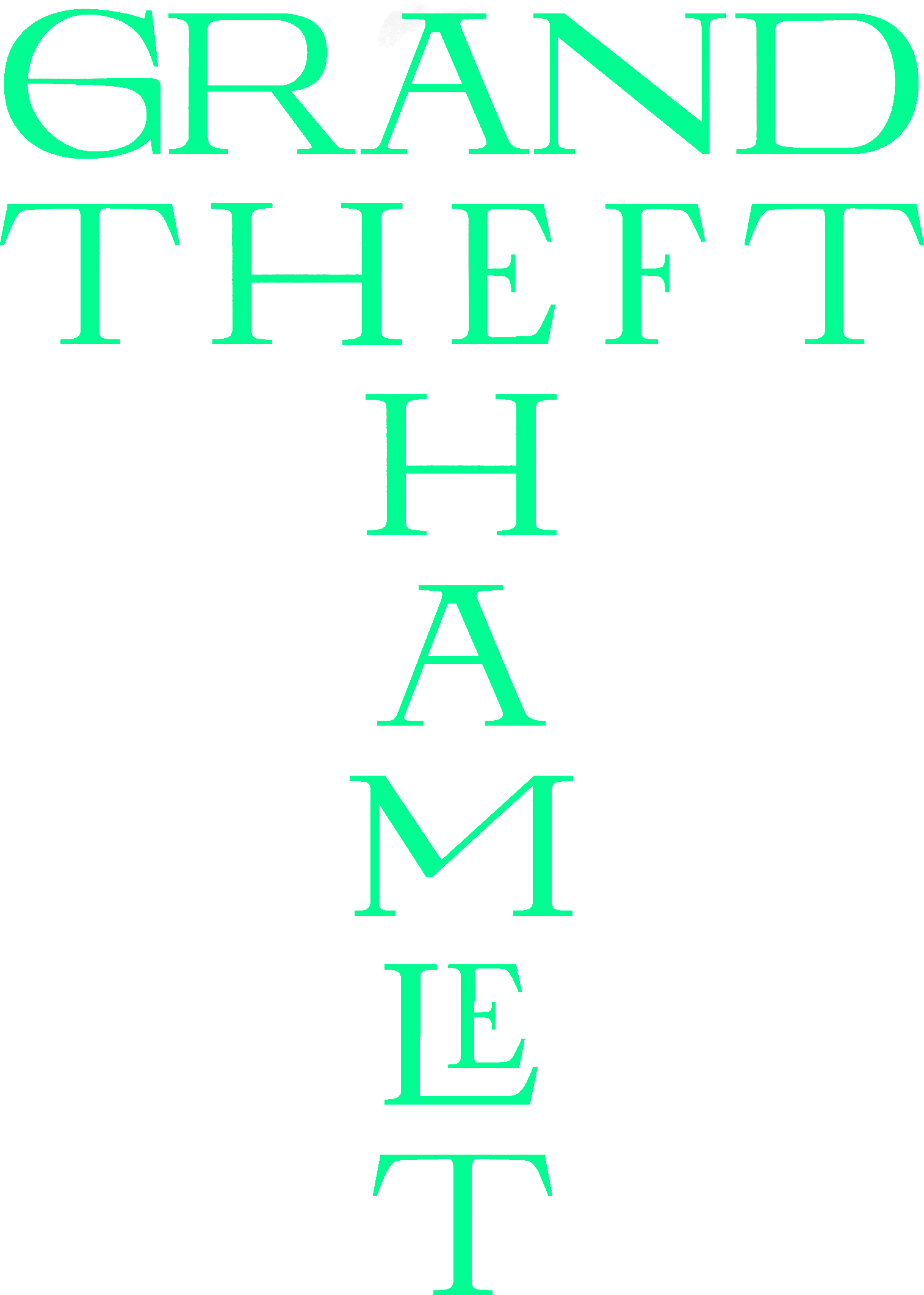There’s nothing more exciting in the realm of filmmaking than a blank check movie. Either after a massive box office success or a string of award wins, a director can find themselves being approached by a studio to essentially do whatever they want. Recent examples include Damien Chazelle’s post-“La La Land” film “Babylon,” Spielberg’s post-“Jaws” film “Close Encounters of the Third Kind,” James Cameron's post-“Aliens” film “The Abyss”, Brad Bird’s post-“Mission Impossible: Ghost Protocol” film “Tomorrowland,” Christopher Nolan’s upcoming post-“Oppenheimer” film “The Odyssey”, and inevitably whatever the Daniels and Greta Gerwig want to do next. Bong Joon-Ho (“Parasite,” Snowpiercer”) is absolutely in that camp as well fresh off the box-office success of Best Picture winner “Parasite.” And he’s cashing that cheque with an adaptation of the novel “Mickey 7” as “Mickey 17,” a gonzo, goofy, black science-fiction comedy that sees multiple Robert Pattinson(s) (“Twilight,” “The Batman”) taking on space fascists, animal cruelty, and an uprising of the lower working class.
The film follows Mickey Barnes, played by Pattinson, who decides to vacate Earth and begin working in space as an “expendable,” a person who agrees partake in deadly jobs or scientific experiments and cloned upon their death with memories and personality intact, ready to do it all again. After landing on the snowy planet Niflheim during a space colonization trip lead by failed politician Kenneth Marshall, played by Mark Ruffalo (“13 Going on 30,” “The Avengers”), and his wife Ylfa, played by Toni Collette (“Hereditary,” “Knives Out”), Mickey finds himself narrowly escaping death at the hands of the indigenous species called “Creepers.” However, everyone else aboard the ship, including his space-cop girlfriend Nasha, played by Naomi Ackie (“Blink Twice,” “I Want to Dance with Somebody”) and pilot best friend Tomi, played by Steven Yeun (“Nope,” “The Walking Dead”), believes he perished on the planet and have already reprinted him. Now Mickey 17 is forced to confront his new self, Mickey 18, as well as the constraints of his employment, the fate of the planet, and the consequence for “multiples” like him: permanent death.
Few directors would welcome this kind of layered and dense material, but Joon-Ho jumps in headfirst and runs away with it. Social satire is arguably the only through-line with his entire career and his assuredness is on full display. Regardless of how things unfold, this is clearly a film helmed by a confident man, and his use of the film’s most satirical elements is an exemplary display of that. There are some messier spots to be certain; the film’s third act stretches on for longer than one would think and there’s an inconsistent use of narration, but Joon-Ho is clearly making some big swings that hit far more often than they miss.
Pattinson is completely on the same wavelength as Joon-Ho, both working on an equal level of science-fiction weirdness and goofiness. His dual performances are exceptionally strong, riding the line between showcasing how different these two Mickeys are without losing the heart of the character. He brings a sense of easily identifiable emotional pathos to the role(s), and in some ways provides a cathartic “what if” situation for anyone who’s ever felt like they’ve been chewed up and spat out by their job. A while back, famed director Park Chan-Wook proclaimed that Pattinson should be nominated for Best Actor and Supporting Actor for his work in the film and seeing the range of his performance(s), it's not hard to see why.
The rest of Joon-Ho's ensemble is just as delightful, with everyone zeroing in on the absurdist sci-fi whimsy at the core of the tale. Ackie is a hyperactive, aggressive, romantic delight opposite Pattinson, and the film does an excellent job at giving the pair a showcase for Mickey and Nasha’s budding and steamy romance. Ruffalo and Collette are definitely pulling from specific influences in their portrayal of the film’s antagonists. They play up the hamminess of their performances, with Collette slacking slightly as her role feels more one note. Ruffalo though, as he practically breathes his words through his glimmering veneers, delivers an instantly hate-able if exceptionally cheesy villain. Yeun also manages to be a chaotic force across the film, with a big grin and slightly antagonistic sensibilities. But Bong feels less interested in him, resulting in his character getting sidelined for a chunk of the film.
Besides the main cast, Joon-Ho clearly has a gift with his smaller ensemble roles as well. He seems to bring out the best in a cast, doubly so for bit parts that might only have a handful of lines otherwise. Patsy Ferran (“White Bird,” “Miss Austen”) pops up throughout as a wide-eyed scientist who shares Mickey’s fascination with the “creepers” species, Cameron Britton (“Mindhunter,” “Manhunt: Deadly Games”) is Arkady, a somewhat dimwitted leader of the scientists’ brigade, Stephen Park (“The French Dispatch, “Snowpiercer”) shows up seemingly randomly as Agent Zeke, the head of Nasha’s security force, and Anamaria Vartolomei (“Happening,” “The Count of Monte Cristo (2024)”) is Kai, a fellow scientist working with Mickey who begins to fall for Mickey. Each of them manages to make an impact in much the same way the most iconic character actors do, thrusted forth by Joon-Ho's strong directorial force.
Where things get a bit stickier comes with Bong’s script and overall plotting. There’s a grand scope here and what Joon-Ho does manage to accomplish is pretty fantastic, but by the time the film wraps up, it's a case of him getting a few too many toys to play with and not enough time for each of them to get their deserved time. The result is a film that tackles a lot of different elements that all come back to one central theme: oppression and destruction, but in each individual element it isn’t fleshed out as much as one would hope from someone like Bong. The humor is the film’s biggest and best aspect, shattering through everything. It’s the central lynchpin, and Bong makes sure that his satire and its deployed use is as subtle as a sledgehammer.
From a technical aspect as well, the film is a masterclass. “Mickey 17” comes in with the biggest budget of Joon-Ho's career, more than double his previously biggest, and he doesn’t let it go to waste. The usage of practical and claustrophobic sets, as well as the heavy contrasting colors, showcases a tight production design that’s sumptuous and enviable for any other filmmaker. It invokes a mixture between a prison facility and the retrofuture “cassette tech” of films like “Alien.” This gorgeous aesthetic and textual experience is further enhanced by Darius Khondji’s (“Se7en,” “Uncut Gems”) cinematography, but the technical aspect that stands out the most is the musical score from composer Jung Jae-il (“Parasite,” “Squid Game”). A musical composition that fluctuates between calming beats and tense piano strings that helps to accentuate every single moment.
In the age of blockbuster dominance, a film like “Mickey 17” is a delight to experience, even when it doesn’t fully nail every aspect. A tonal ballet between bits of purely dark comedy, social revolution, and pining romance, built within a textually fantastic visual world, and with a commanding and capable cast, led by not one but two Robert Pattinsons, there are few films like “Mickey 17.” Bong Joon-Ho's latest is a confident and messy tales of social revolt in space that succeeds even as Bong seems to be overfilling his tale with goodies. If you can handle the radical and completely unsubtle social tones at play, you’re not likely to find a film as fun, as weird, as messy, and as enjoyable as this Mickey anytime soon. 4.5/5




.jpg)












